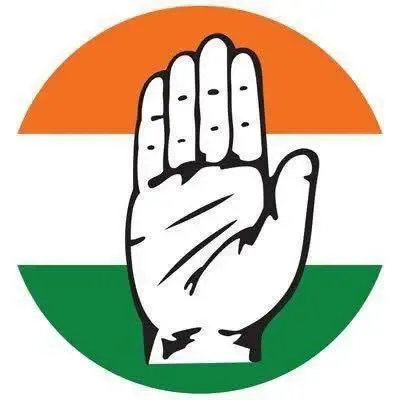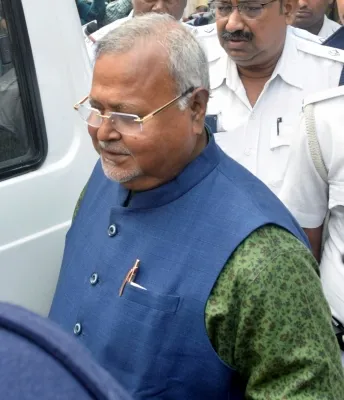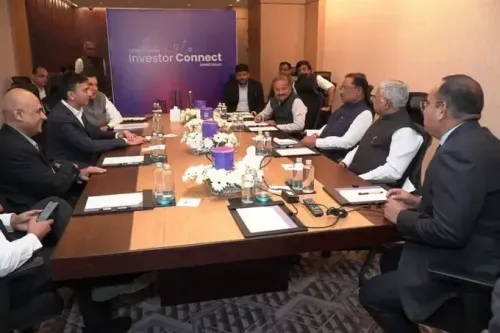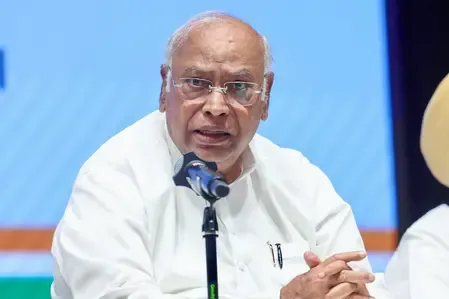Does India Require More Robust Institutional Frameworks and Effective Industry Connections?
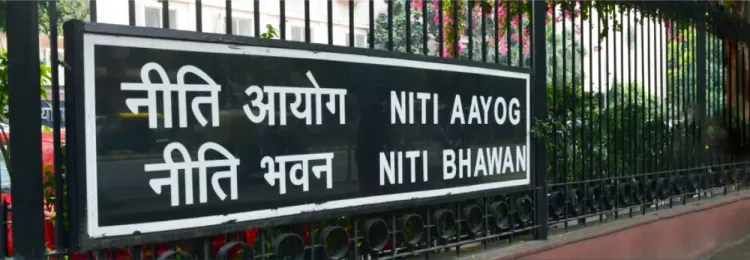
Synopsis
Key Takeaways
- Need for stronger institutional frameworks
- Importance of effective industry linkages
- Focus on translating research into practical solutions
- Support for national self-reliance through R&D
- Enhancement of regulatory frameworks
New Delhi, Sep 12 (NationPress) While India boasts significant scientific expertise, experts at a NITI Aayog event have highlighted the necessity for more robust institutional frameworks, enhanced regulations, and effective industry connections to facilitate the swift transition of laboratory innovations into society, industries, and markets.
This consultation convened an esteemed assembly of institutional leaders, vice chancellors, and representatives from scientific ministries to deliberate on fortifying India’s research and development ecosystem.
During their keynote speeches, Professor Ashutosh Sharma, President of the Indian National Science Academy (INSA), and Dr. N Kalaiselvi, Director General of the Council of Scientific and Industrial Research (CSIR), stressed the importance of rethinking India’s research environment to prioritize ease of conducting R&D.
Jishnu Dev Varma, Governor of Telangana, asserted that establishing a resilient R&D structure is essential to realizing the vision of ‘Atmanirbhar Bharat’.
He pointed out that India should concentrate not only on generating new knowledge but also on translating it into technologies, processes, and solutions that bolster national self-sufficiency and enhance global competitiveness.
The Governor praised NITI Aayog’s initiative to unite various stakeholders on a platform that connects science with societal advancement.
At the event, Dr. Anil Kakodkar, former chairman of the Atomic Energy Commission, and Dr. VK Saraswat, Member of NITI Aayog, advocated for renewed focus on translational pathways linking research institutions with industry clusters, startups, and public sector applications, thereby ensuring a smooth and efficient value chain from knowledge creation to deployment.
According to a statement from NITI Aayog, participants engaged in meaningful discussions regarding regulatory frameworks, funding mechanisms, access to advanced knowledge resources, institutional processes, and models for applied and translational research.
Experts further noted that India’s scientific trajectory will be determined not merely by the ease of conducting research but, more importantly, by the ease of transforming research into tangible outcomes.
“Incorporating translation as a fundamental principle in policy development, funding priorities, and institutional frameworks will ensure that India’s research endeavors extend beyond knowledge generation to deliver innovations that enhance industry, promote national self-reliance, and improve the quality of life for citizens,” the statement concluded.

